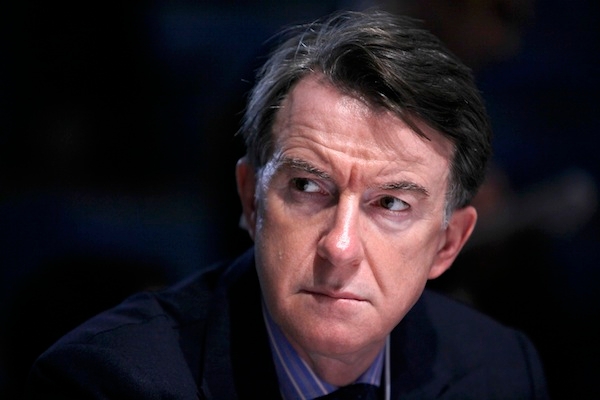Could Labour’s tuition fees policy be its own tuition fees moment, of the same order as the moment it endlessly needles the Lib Dems about? Well, the decision, when it’s made, won’t have the same dramatic effect as the Lib Dem about turn in 2010, because Labour candidates haven’t been posing with signed pledges and smiling students promising that they’ll do one thing while their party slowly realises that it really should do another.
In any case, it does look as though the party will, in one way or another, maintain its promise to cap the fees at a lower level than the £9,000 that the Coalition raised them to, even if this is only for technical degrees or, as I reported recently, ‘useful’ subjects. The talks are still going on. The announcement will come in the next week or so, which means a last-minute decision on a big issue very close to the election.
But what this whole episode suggests is that the party is finding it difficult to come to terms with reality on tuition fees. Ed Miliband spoke of a £6,000 cap early in his leadership partly because the Lib Dems were bleeding support and Labour wanted to scoop it up and partly because Miliband’s party was making all sorts of dire predictions about the impact on social mobility. Those predictions have not come true, but to save face, Labour somehow still wants to plough on with the policy.
Lord Mandelson’s speech today will make ploughing on more difficult in one sense in that he will point out why it’s the wrong thing to do from the point of view of university funding, but he may make it easier in the sense that Miliband wants to show that he is his own man. His colleagues, though, who still take advice from and respect Mandelson, may wish that on this Labour was able to U-turn.
This episode does show the danger for oppositions of promising policies that are based on dire predictions rather than reality. It’s not just tuition fees: in other areas, particularly benefit and legal aid cuts, the party made all sorts of predictions about the impact of those cuts, but is now heading into the election with just a tiny smattering of promises to get rid of them. Most of the cuts the party professed to hate will remain. It was a danger that frontbenchers, who spent the first few years of this parliament complaining about everything but knowing nothing about their own policy, highlighted early on.







Comments